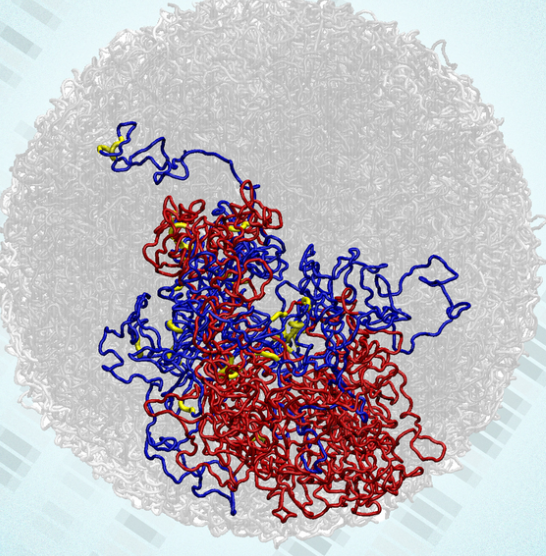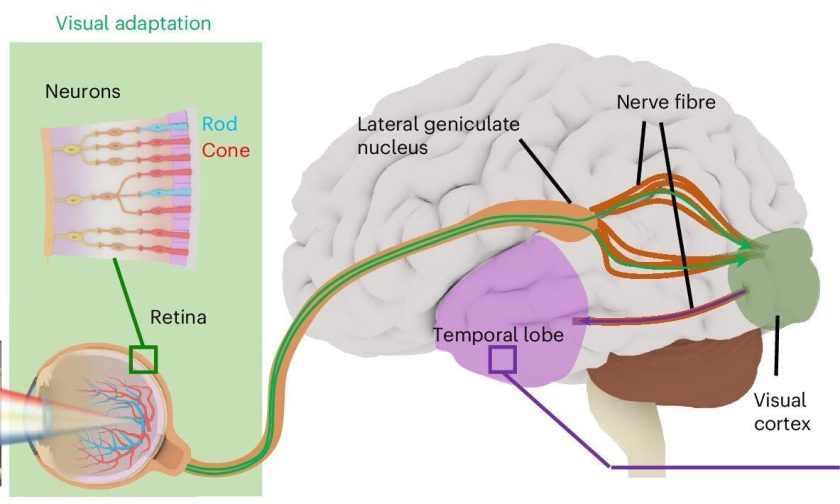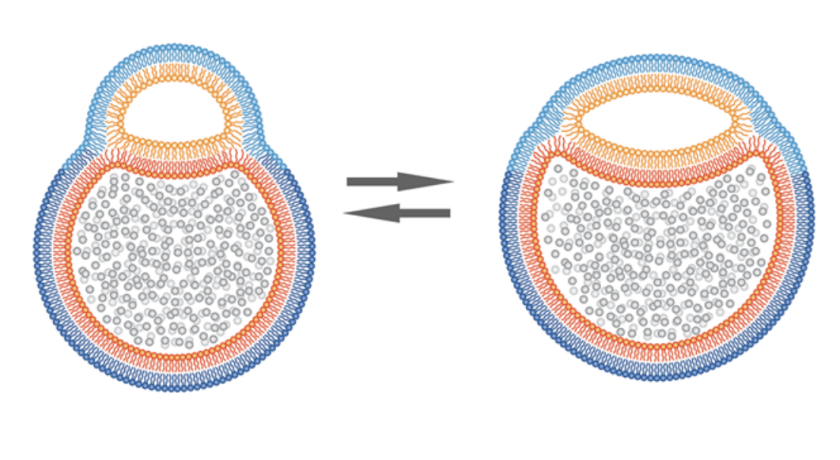A new discovery has been achieved in the world of neurology. Scientists have made progress in better understanding what happens inside our brains when we learn or remember information.
According to the University of British Columbia research team, molecular changes are observed in the brain when one learns or remembers. Such changes occur in the brain’s chemistry as fatty acids attach to delta-catenin (a protein important for normal cognitive development- Wikipedia) upon learning new things, which ultimately alters brain cell connectivity coupled with learning and memory.
The study was conducted on animals, where scientists found that learning about new environments was associated with nearly twice the amount of modified delta-catenin.
Shernaz Bamji, co-author of the study and associate professor in University of British Columbia’s Life Sciences Institute said that while more work is needed in this field, such a study gives a good insight into what happens inside our brains when we learn or remember. It also provides opportunity to understand such subjects in neurological diseases and mental disabilities.
This is specifically important in such disorders where delta-catenin gene is known to be disrupted in association with the disorder. This applies to some individuals living with schizophrenia.
Stefano Brigidi, first author of the article and a PhD candidate Bamji’s laboratory said that the study found that brain activity can affect the structure and the function of the delta-catenine.
Source: UBC News
Photos: Sebastian Kaulitzki




